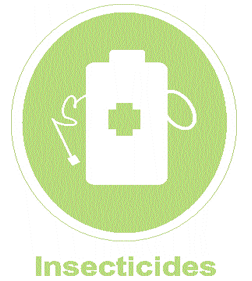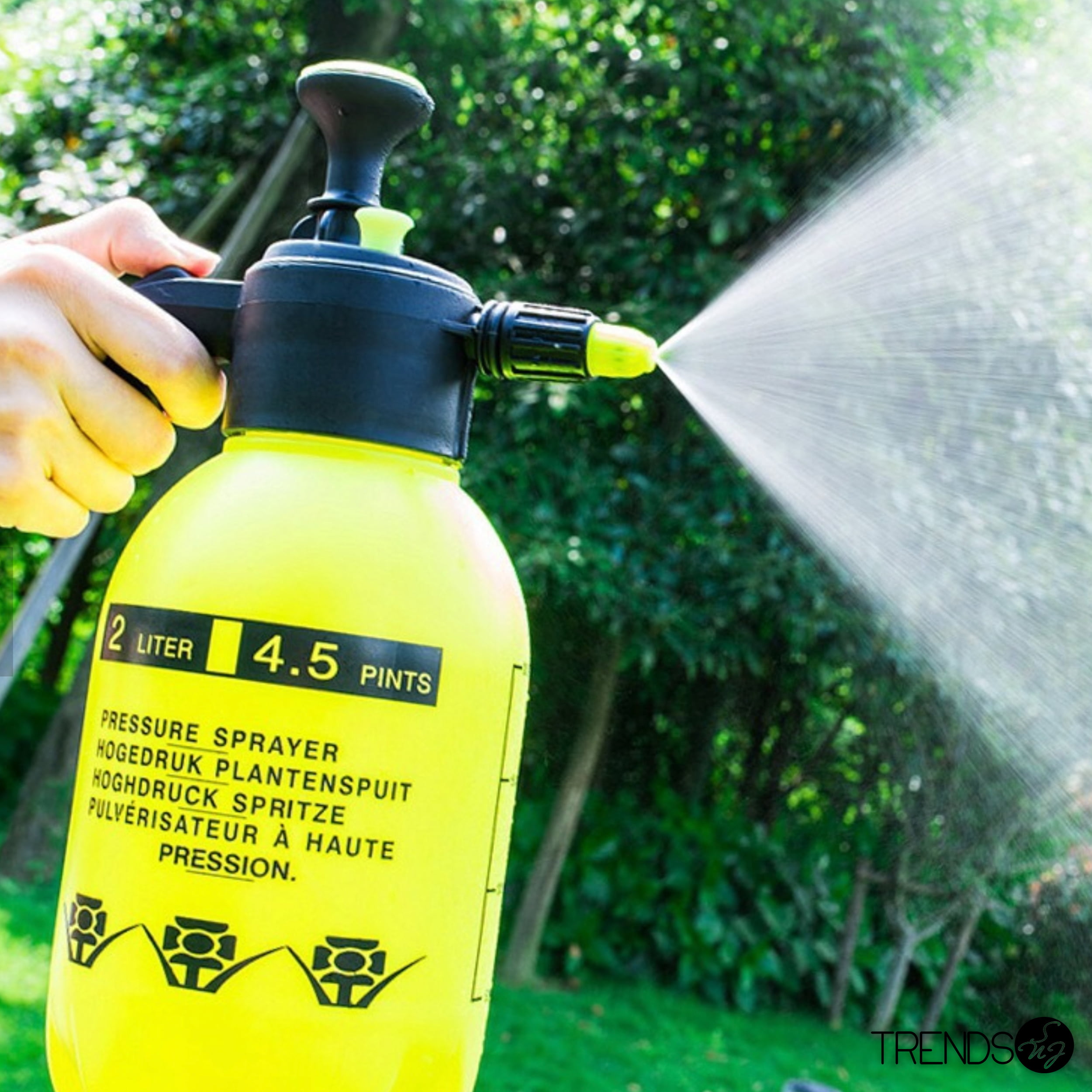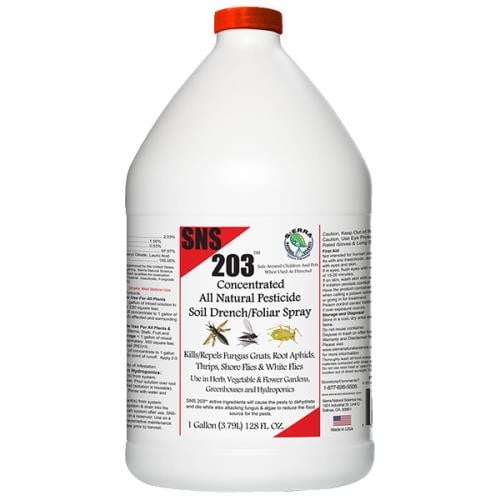


By transitioning to safer, nontoxic methods, residents worked to ensure this toxic spraying no longer threatened their community.

Farmworkers often suffer from short-term effects such as blindness, coma, and death as well as long-term effects like infertility, birth defects, and cancer. People and families working on and living near industrial farms are some of the most at-risk populations of these health problems and are some of the least protected workers in the US. (Learn more in our Maine Pesticide Organizing Playbook.) The ordinance has come into effect in the City over three years, starting in Spring 2017 with City property, then in 2018 with residential property, and finally in 2019 with golf courses. South Portland, Maine: Community Action Works helped Protect South Portland pass one of the strongest pesticides restrictions in the country, an ordinance banning the use of harmful pesticides.One of these pesticides, chlorpyrifos, has been found to cause irreversible brain damage in infants when they are exposed to the insecticide during this period. Research shows that children are even exposed to pesticides in utero. They take in pesticides at home and daycare and at schools and playgrounds, as kids are more likely to crawl on the ground and put their contaminated hands in their mouths. People are exposed to pesticides when they breathe air where pesticides have been sprayed, drink contaminated water, or come into contact with areas where pesticides have been used, such as lawns, parks, lakes and more.Ĭhildren, whose bodies are still developing, are particularly vulnerable. Pesticides have been proven to cause reproductive and developmental effects, cancer, kidney and liver damage, endocrine disruption, etc. Pesticides are incredibly harmful to human health. Since the publication of Rachel Carson’s landmark 1962 book Silent Spring, which reveals the horrifying impacts of pesticides like DDT, scientists are continually discovering new and disturbing ways that pesticides threaten our environment and our health. They are used almost everywhere - not only in agricultural fields, but also in homes, parks, schools, lakes, forests, and roads. These pesticides are the only toxic substances released intentionally into our environment to kill living things: to kill weeds (herbicides), insects (insecticides), fungi (fungicides), rodents (rodenticides), and others. They are found in our soil and even in our breast milk. Pesticides can be found in the air we breathe, the food we eat, and the water we drink. Take th e pledge to go pesticide-free today! The Problems With Pesticides Your commitment to a safe and healthy environment makes a difference. Take the pesticide-free pledge! Pesticides harm more than the weeds and pests they’re designed to kill.


 0 kommentar(er)
0 kommentar(er)
